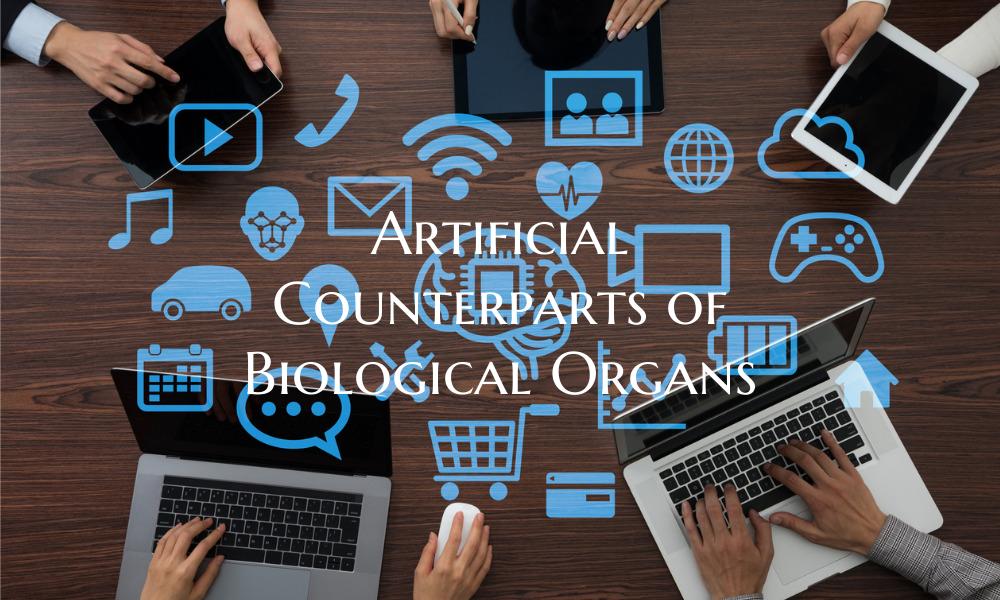Artificial Counterparts of Biological Organs
In the realm of modern medical advancements, researchers and scientists have been exploring the creation of artificial counterparts to biological organs. This innovative field holds the potential to revolutionize healthcare and transform the way we approach organ transplantation and medical treatments.
One prominent area of focus is the development of artificial hearts. These devices aim to replicate the intricate functions of the human heart, offering hope to patients in need of cardiac support. By utilizing advanced materials and cutting-edge technologies, artificial hearts are designed to be durable, efficient, and compatible with the body's natural processes.
Similarly, artificial kidneys are being studied as potential substitutes for their biological counterparts. These artificial organs could offer a breakthrough solution for patients with kidney disease, providing them with a life-saving alternative to traditional dialysis or organ transplantation. By mimicking the filtration and regulation processes of natural kidneys, these artificial devices have the potential to significantly improve the quality of life for those suffering from kidney-related health issues.
In addition to hearts and kidneys, artificial counterparts of other organs such as lungs, liver, and pancreas are also being explored. These advancements hold promise for addressing organ shortages, reducing transplant rejection rates, and offering new treatment options for patients with organ failure.
However, the development of artificial organs comes with its own set of challenges, including ensuring biocompatibility, longevity, and reliability of these devices. Ethical considerations regarding the creation and use of artificial organs also raise important questions that must be carefully addressed.
As research in this field progresses, the potential benefits of artificial counterparts of biological organs are becoming increasingly apparent. With continued innovation and collaboration between experts in various disciplines, we may witness a future where synthetic organs play a vital role in extending and improving the lives of patients worldwide.

